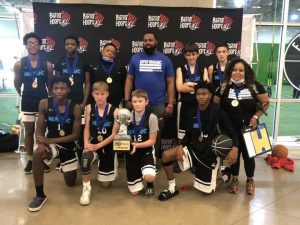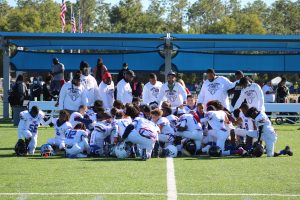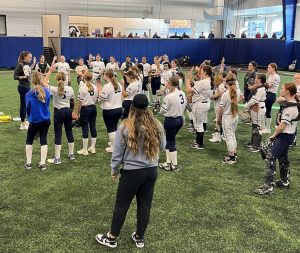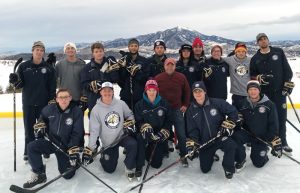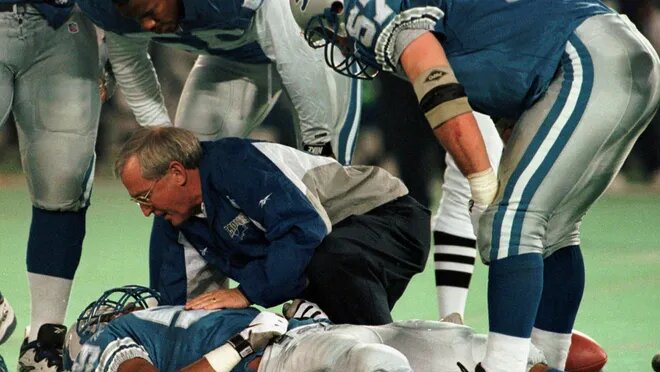
Twenty years ago this month football fans watched in horror as Detroit Lions linebacker Reggie Brown suffered a serious spinal cord injury during a game that left him paralyzed, unconscious, unable to breathe, and near death. Brown, who lives in Houston now with his wife and two sons, recently discussed that fateful December day, what happened in the hours, weeks and years that followed, and how he still enjoys watching the game that almost took his life.

The final quarter of the regular-season finale against the New York Jets set up to be a dream finish to the 1997 football season for the Detroit Lions. The Pontiac Silverdome crowd of more than 75,000 roared with excitement as the Lions clung to a 13-10 advantage on the verge of victory and a berth in the playoffs. Adding to the intrigue, running back Barry Sanders was just yards away from eclipsing the 2,000-yard rushing mark for the season—a feat only achieved twice before.
Then, on one play late in the contest, disaster struck. The dream turned nightmare in a matter of seconds.
Reggie Brown, the second-year linebacker from Texas A&M who had started all 16 games, dove in to tackle Jets running back Adrian Murrell on what appeared to be a standard running play. Replays showed Brown wrapping his arms around a diving Murrell while the crown of Brown’s helmet simultaneously crashed into the back of a falling Jets lineman, Lamont Burns.
“It was very routine,” Brown said matter-of-factly. “I just saw the running back getting the ball and I came out of my break running full speed to make the tackle like I’ve done thousands of times. And then I just felt a pressure at the top of my head, which I never saw coming. I remember falling back on my back.”
“We stopped him. Come on. Get up!” Brown said he remembers fellow Lions linebacker Antonio London telling him as he stared up at the Pontiac Silverdome roof.
As much as Brown wanted to get up and join his teammates in the huddle, he couldn’t. He had lost complete control of his body. Nothing moved. He was paralyzed. The paralysis was terrifying; then, things got worse, much worse. He couldn’t breathe.

“I’m trying to gasp for air at that point. I tell Antonio I can’t breathe. I can’t move. I remember his reaction to me and him telling people to come out toward me to help me. A few seconds later everything goes black.”
“He’s not breathing,” London frantically told Lions head trainer Kent Falb, who had rushed out to the middle of the field near the 30-yard line where Brown lie motionless on the artificial surface. “Don’t let him die,” a panicked London screamed.
The veteran trainer knelt on the ground next to Brown on one side while team physician Terry Locke positioned himself on the other.

